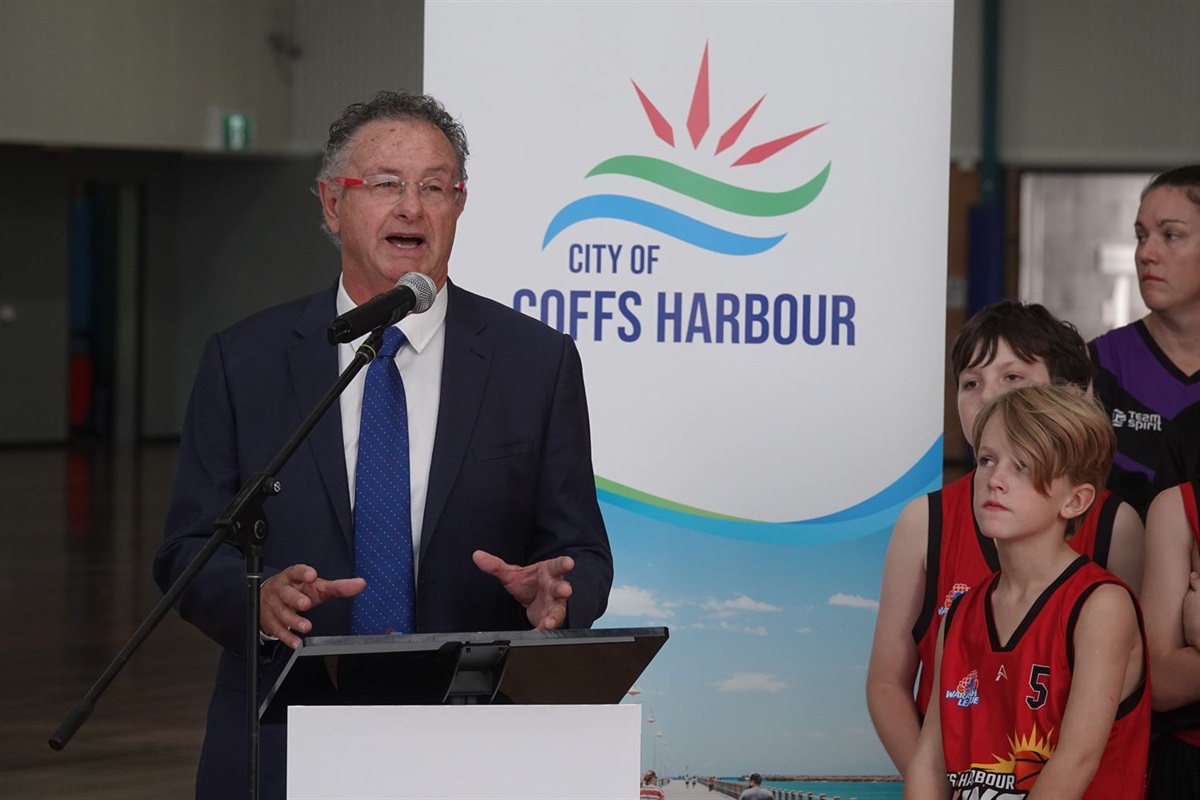Data from the 2021 General Social Survey showed that New Zealanders’ overall mental wellbeing has declined since 2018, Stats NZ said today.
Most New Zealanders remained satisfied with their lives as a whole in 2021, with a mean overall life satisfaction rating of 7.7 out of 10, the same as in 2018.
However, the proportions of people who said they felt cheerful and in good spirits, calm and relaxed, active and vigorous, woke up feeling fresh and rested, and had a life full of interesting things all or most of the time, have all declined significantly since 2018. These five measures form the WHO-5 mental wellbeing index and can be combined to assess a respondent’s overall level of mental wellbeing.
| WHO-5 measure | 2018 |
| Cheerful and in good spirits | 66.1 |
| Calm and relaxed | 54 |
| Active and vigorous | 42.9 |
| Fresh and rested | 37 |
| Life filled with interesting things | 55.3 |
| 64.9 | 67.3 |
|---|---|
| 52.6 | 55.5 |
| 41.4 | 44.5 |
| 35.6 | 38.5 |
| 53.9 | 56.8 |
| WHO-5 measure | 2021 |
| Cheerful and in good spirits | 59.5 |
| Calm and relaxed | 49.8 |
| Active and vigorous | 38 |
| Fresh and rested | 31.4 |
| Life filled with interesting things | 50.9 |
| 57.1 | 61.9 |
|---|---|
| 47.6 | 52.0 |
| 36.0 | 39.9 |
| 29.4 | 33.4 |
| 48.6 | 53.1 |
The data showed a significant increase in the proportion of people with poor mental wellbeing, up from 22 percent in 2018 to 28 percent in 2021.
“The proportion of people with poor mental wellbeing equates to more than a quarter of the population,” work and wellbeing statistics senior manager Becky Collett said.
“We found that rates of poor mental wellbeing have risen significantly across many age groups.”
| Age group (years) | 2018 |
| 15-24 | 19.7 |
| 25-34 | 22.2 |
| 35-44 | 24.7 |
| 45-54 | 26.3 |
| 55-64 | 22.2 |
| 65-74 | 18.8 |
| 75+ | 19.6 |
| 17.0 | 22.5 |
|---|---|
| 19.5 | 24.9 |
| 22.0 | 27.5 |
| 23.7 | 29.0 |
| 19.7 | 24.8 |
| 16.1 | 21.4 |
| 16.5 | 22.7 |
| Age group (years) | 2021 |
| 15-24 | 26 |
| 25-34 | 29.5 |
| 35-44 | 31.9 |
| 45-54 | 31.2 |
| 55-64 | 29.3 |
| 65-74 | 20.5 |
| 75+ | 24.9 |
| 20.3 | 31.7 |
|---|---|
| 24.6 | 34.3 |
| 27.7 | 36.2 |
| 26.2 | 36.1 |
| 24.4 | 34.1 |
| 16.4 | 24.6 |
| 18.9 | 30.9 |
Based on the WHO-5 index, data from the 2021 GSS also showed that people aged 35-44 years had a low mean mental wellbeing score of 14.3 out 25 (compared with 15.0 out of 25 for the total population).
In contrast, people aged 65 years and over fared better, with a mean score of 16.0.
People aged 65 years and over were also more likely than younger people to say that all or most of the time in the last two weeks they felt calm and relaxed, woke up feeling fresh and rested, and had a life filled with interesting things.
“For some New Zealanders, poor mental wellbeing is even more of an issue,” Ms Collett said.
“Disabled people, single parents, and people who identified as LGBT+ or belonged to a sexual minority were amongst those who experienced higher rates of poor overall mental wellbeing.”
| Demographic group | Percent |
| Taranaki | 18 |
| Recent migrant | 18.3 |
| Aged 65-74 years | 20.5 |
| Male without dependent children | 21.7 |
| Living in rural area | 22.1 |
| Male | 22.8 |
| New Zealand total | 28.2 |
| Māori | 31.1 |
| Female | 33.4 |
| Female parent in 2 parent family | 35.3 |
| “Household income $30 | 37 |
| 000 or less” | 45.5 |
| Sole parent | 45.7 |
| LGBT+ | 56.2 |
| Disabled people aged 15-64 years |
| 12.4 | 23.6 |
|---|---|
| 10.9 | 25.7 |
| 16.4 | 24.6 |
| 18.5 | 24.8 |
| 17.3 | 26.8 |
| 20.0 | 25.6 |
| 26.4 | 30.0 |
| 27.1 | 35.2 |
| 30.6 | 36.1 |
| 29.8 | 40.8 |
| 30.8 | 43.2 |
| 36.3 | 54.7 |
| 34.6 | 56.8 |
| 47.3 | 65.0 |
New Zealanders lonelier than in 2018
Whether or not a person feels lonely is not necessarily related to the amount of contact they have with others. Some people who have frequent contact with family and friends may feel lonely, while others with little contact may not feel lonely at all.
The proportion of people who said they felt lonely at least a little of the time in the previous four weeks increased, from 39 percent in 2018 to 43 percent in 2021. For people aged 65 years and over this proportion increased from 27 percent in 2018 to 36 percent in 2021.
| Life stage (years) | 2018 |
| 15-24 | 51.1 |
| 25-44 | 42.9 |
| 45-64 | 35.1 |
| 65+ | 27.4 |
| Total | 39 |
| 47.2 | 54.9 |
|---|---|
| 40.8 | 45.0 |
| 32.9 | 37.2 |
| 25.2 | 29.5 |
| 37.7 | 40.2 |
| Life stage (years) | 2021 |
| 15-24 | 56.3 |
| 25-44 | 49.5 |
| 45-64 | 34.5 |
| 65+ | 36.4 |
| Total | 43.4 |
| 49.2 | 63.4 |
|---|---|
| 45.9 | 53.2 |
| 31.1 | 38.0 |
| 32.5 | 40.4 |
| 41.1 | 45.7 |
This rise in loneliness occurred despite increases in the proportion of people who had face-to-face contact with family at least once a week and the proportion of people who had non-face-to-face contact with family at least once a week (up from 60 percent and 80 percent in 2018 to 63 percent and 83 percent in 2021, respectively). Face-to-face contact with friends, however, decreased from 74 to 70 percent.
Around 3 in 5 New Zealanders were accepting of neighbours with mental illness
In 2021, 58 percent of New Zealanders said they would feel comfortable or very comfortable about a new neighbour who had a mental illness, compared with 55 percent in 2018.
In contrast more than 80 percent of people said they would feel comfortable or very comfortable with a new neighbour who was a different religion, sexual orientation, or ethnicity, used a different language, or had a long-term disability or health condition.
People with poor mental wellbeing much less likely to be satisfied with life
In 2021, 62 percent of people with poor life satisfaction (0 to 6 out of 10) also had poor mental wellbeing. The mean life satisfaction rating for those with poor mental wellbeing was 6.5 out of 10, much lower than the New Zealand average of 7.7.
Note: The GSS data collection began on 1 April 2021, a year after the first COVID-19 lockdown, and finished early on 17 August following the first community outbreak of the Delta variant.








